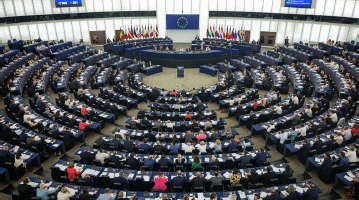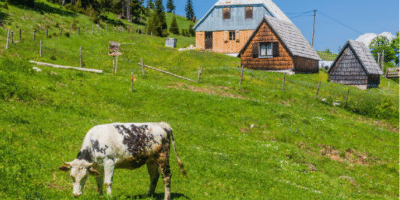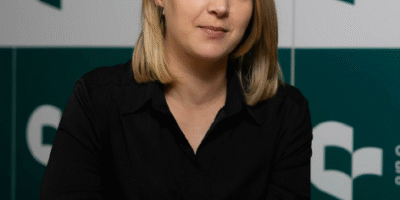So, here`s the deal Montenegro`s Border Police don`t have nearly enough officers to properly secure the country`s borders. The biggest issues? The borders with Albania and Kosovo. And it`s not just about not having enough people bad infrastructure, a lack of proper equipment, and not enough training make the job even harder. Right now, more than a third of the positions are empty, yet somehow, the police still manage to keep things under control, stopping smuggling and illegal border crossings.
To put things in perspective, last year alone, 1,009 people were caught trying to cross the border illegally. The terrain makes everything even more complicated most of the border areas are mountainous and really hard to reach, especially in winter. The police are dealing with poor roads, a lack of electronic surveillance, and not enough staff, especially in the southern regions.
And here`s the kicker, Montenegro wants to join the EU, but that means we have to step up our border security game. The EU expects top-notch border control, which means better infrastructure, better technology, and more well-trained officers. Right now, Montenegro is working on meeting those standards, but it`s a long road ahead.
On the bright side, there`s been some progress. Two joint police cooperation centers have been set up one in Trebinje (with Bosnia and Serbia) and another in Plav (with Albania and Kosovo). These centers help exchange info quickly, making it easier to track and stop illegal activities like smuggling and human trafficking.
Montenegro`s Border Police have also started working more closely with international organizations like Europol and Frontex. Last year, they busted a massive human smuggling operation called “Alibaba“, leading to the arrest of 15 people and the discovery of 352 smuggled migrants. They also found a huge marijuana plantation right on the Montenegro-Albania border, seizing 11,000 plants. Europol and Frontex actually praised these operations as examples of great teamwork in the region.
Since there aren`t enough officers, the police are trying to make up for it with technology and help from the Montenegrin army. The number of patrols depends on risk analysis, but it`s clear that without more staff and better resources, securing the borders will remain a serious challenge.
At the end of the day, it`s clear that Montenegro has a long way to go to meet EU standards. But until then, the Border Police will have to do what they can with what they have hopefully, with more support soon.
Written by our correspondent A.A.



